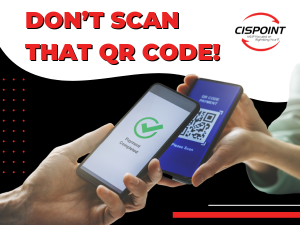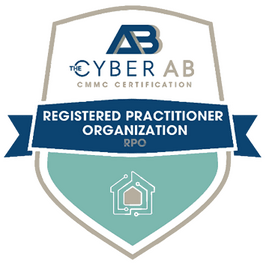
In today's digital age, QR codes have become a ubiquitous part of our lives. From restaurant menus to product information, these seemingly innocuous barcodes offer a quick and convenient way to access information. However, what if I told you that some of these QR codes could be hiding a dangerous secret?
The Rise of QR Code Scams
As QR codes have become more prevalent, so too have the number of scams associated with them. Cybercriminals have realized the potential of these codes to lure unsuspecting victims into their traps. By placing malicious QR codes in public places or enticing people to scan them with promises of rewards, scammers can gain access to sensitive information or infect devices with malware.
How QR Code Scams Work
- Fake Prompts: Scammers often create QR codes that lead to fake websites or applications that mimic legitimate services. These sites may ask for personal information, credit card details, or even login credentials.
- Malware Distribution: Malicious QR codes can redirect users to websites that host malware, potentially infecting their devices with viruses or ransomware.
- Data Harvesting: Some QR codes may collect user data without their consent, building profiles for targeted advertising or selling to third parties.
Protecting Yourself from QR Code Scams
While QR codes can be a useful tool, it's essential to exercise caution when scanning them. Here are some tips to protect yourself:
- Think Twice Before Scanning: If you encounter a QR code in an unexpected place, be wary and consider whether scanning it is necessary.
- Check the URL: Before clicking on a link generated by a QR code, carefully examine the URL to ensure it's legitimate and matches the expected website.
- Avoid Public Wi-Fi: Scanning QR codes on public Wi-Fi networks increases the risk of encountering malicious content.
- Keep Your Devices Updated: Ensure your smartphone and antivirus software are up-to-date with the latest security patches.
- Use a QR Code Scanner App: Some apps offer additional security features, such as scanning the URL before opening it.
Conclusion
QR codes can be a convenient way to access information, but it's essential to remain vigilant and cautious. By following these tips, you can significantly reduce your risk of falling victim to a QR code scam. Remember, if something seems too good to be true, it probably is.
Want to learn how you can protect your small-midsize business from cyber crimes? Call CISPOINT at (443) 213-0108 or click here to set up a discovery call TODAY!











